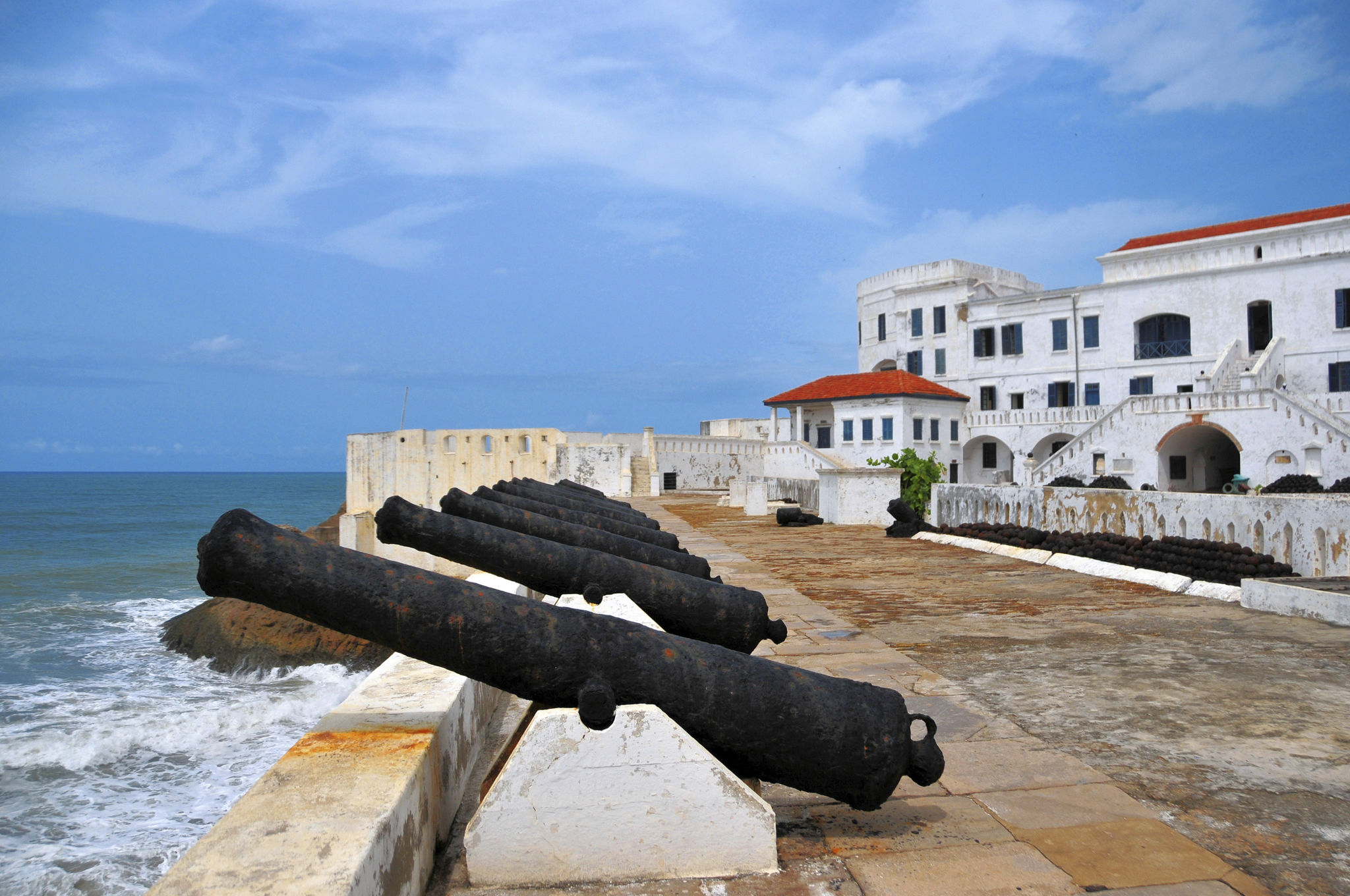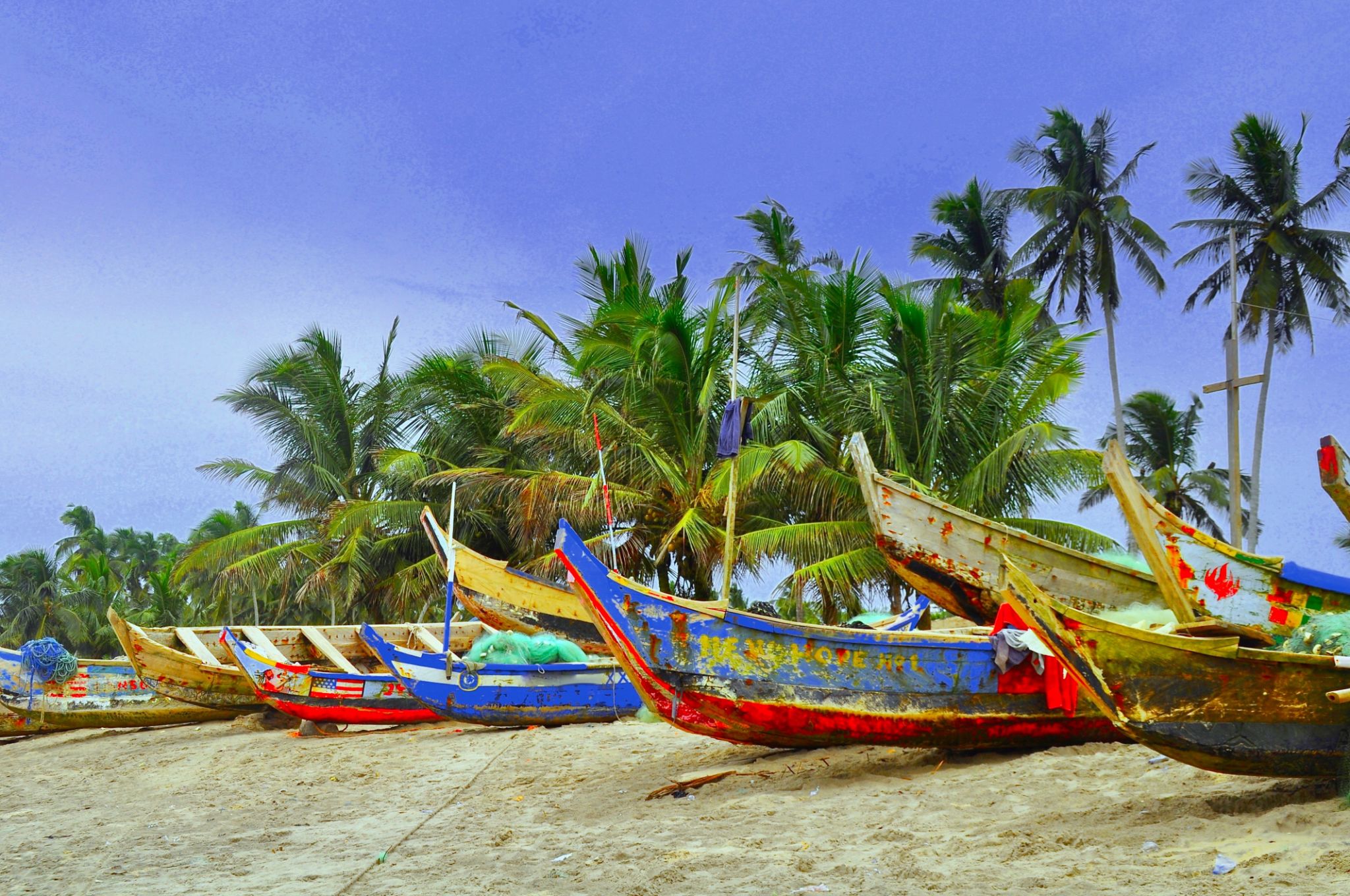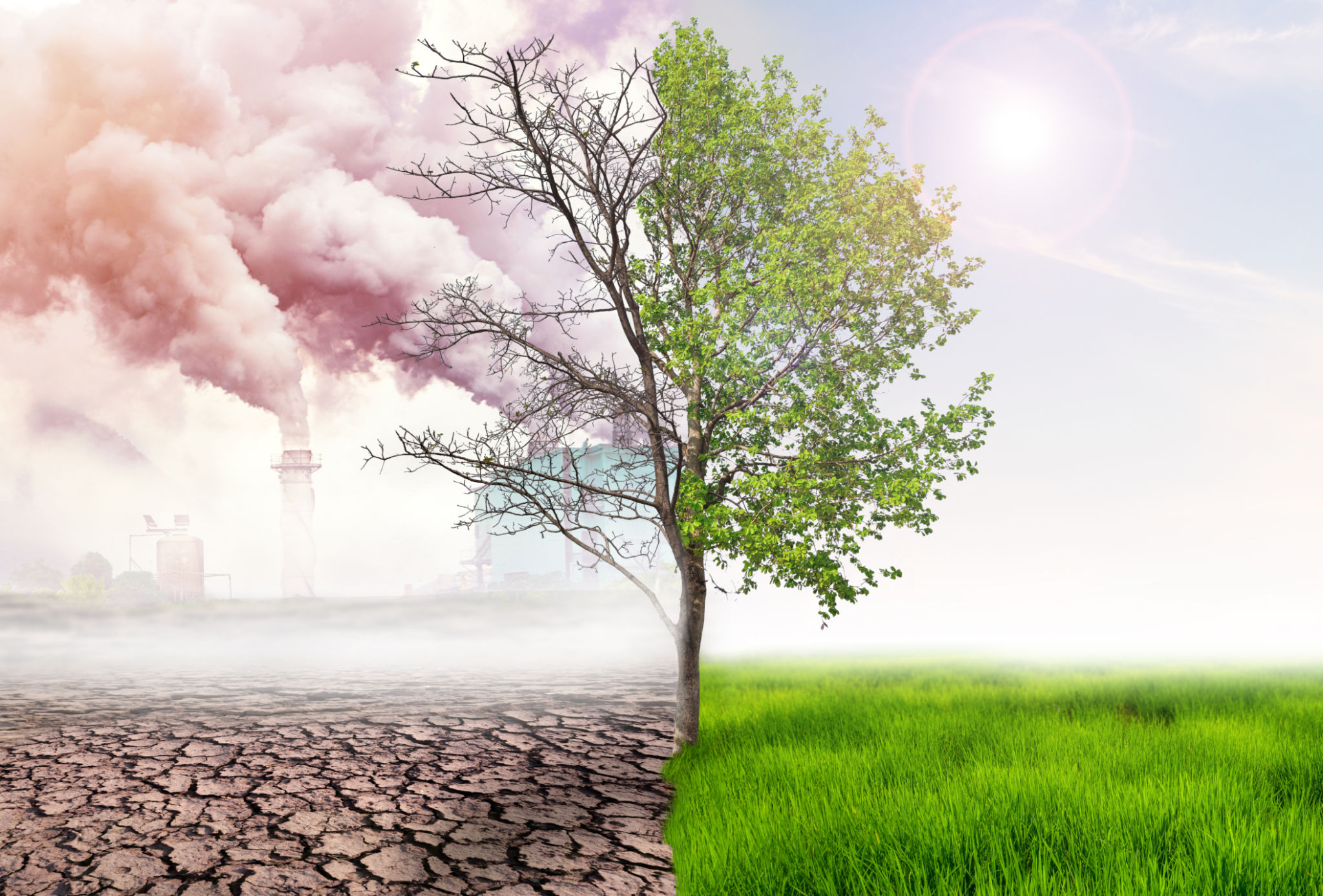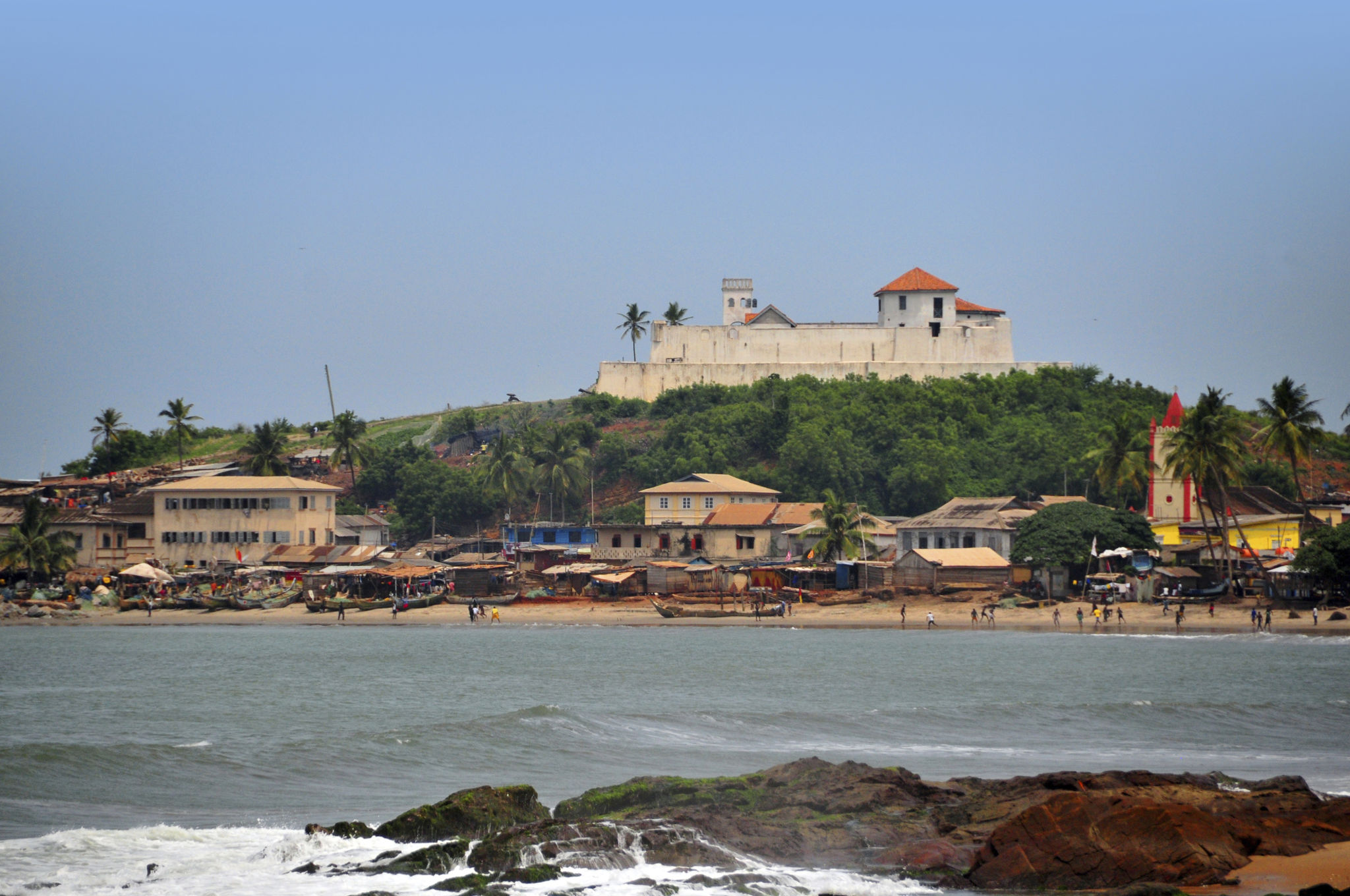The Importance of Coastal Conservation in Ghana: A Comprehensive Guide
Understanding Coastal Conservation
Coastal conservation is a critical environmental effort aimed at protecting and preserving the unique ecosystems found along coastlines. In Ghana, these ecosystems are under increasing threat due to factors such as climate change, pollution, and unsustainable development. Coastal areas are not only home to diverse marine life but also support the livelihoods of many communities.
Ghana's coastlines, stretching over 500 kilometers, are rich in biodiversity, featuring mangroves, coral reefs, and sandy beaches. These natural resources play a vital role in maintaining ecological balance and providing economic benefits through fishing and tourism. However, without adequate conservation measures, these invaluable assets could be lost.

The Challenges Facing Ghana's Coastlines
Several challenges threaten the coastal regions of Ghana. One of the major issues is coastal erosion, exacerbated by rising sea levels and increased human activity. Erosion not only destroys habitats but also affects local communities by damaging infrastructure and reducing arable land.
Pollution is another pressing concern. Industrial waste, plastic debris, and untreated sewage are common pollutants that degrade water quality and harm marine life. This pollution poses a risk to both the environment and public health, necessitating urgent action to mitigate its impacts.

The Role of Coastal Communities
Local communities play a significant role in coastal conservation efforts. Their traditional knowledge and practices can offer insights into sustainable resource management. Engaging these communities in conservation projects ensures that initiatives are culturally relevant and more likely to succeed.
Community-based programs often focus on promoting sustainable fishing practices, restoring mangrove forests, and educating citizens about the importance of maintaining healthy coastlines. Such grassroots efforts are crucial for fostering a sense of ownership and responsibility for coastal resources.

Strategies for Effective Conservation
To effectively conserve Ghana's coastlines, a multi-faceted approach is essential. Key strategies include:
- Implementing stricter regulations on industrial discharge to reduce pollution.
- Promoting ecotourism to provide economic incentives for conservation.
- Restoring natural barriers like mangroves and coral reefs to protect against erosion.
Collaboration between government agencies, non-governmental organizations, and local communities is essential to these efforts. By working together, stakeholders can develop comprehensive plans that address both environmental and socio-economic needs.
The Impact of Climate Change
Climate change poses an additional layer of complexity to coastal conservation. Rising temperatures and changing weather patterns can exacerbate existing challenges such as sea-level rise and extreme weather events. Understanding these impacts is crucial for developing adaptive strategies that protect both natural and human systems.
Research and monitoring play a critical role in this process. By gathering data on environmental changes, scientists can inform policy decisions and help communities adapt to evolving conditions. This proactive approach is key to ensuring long-term resilience along Ghana's coastlines.

The Economic Benefits of Conservation
Investing in coastal conservation yields significant economic benefits. Healthy ecosystems support fisheries, which are a major source of income for many Ghanaians. Additionally, well-maintained coastlines attract tourists, providing revenue for local businesses and communities.
Furthermore, conservation efforts can reduce the costs associated with environmental degradation, such as disaster relief and infrastructure repair. By prioritizing conservation, Ghana can safeguard its natural resources while enhancing economic stability.

Conclusion: A Call to Action
The importance of coastal conservation in Ghana cannot be overstated. As the nation continues to develop, it must balance progress with the preservation of its natural heritage. By taking immediate action to address the challenges facing its coastlines, Ghana can ensure a sustainable future for generations to come.
Every individual has a role to play in this effort, from policymakers to local citizens. Together, we can work towards a healthier, more resilient coastal environment that benefits everyone.